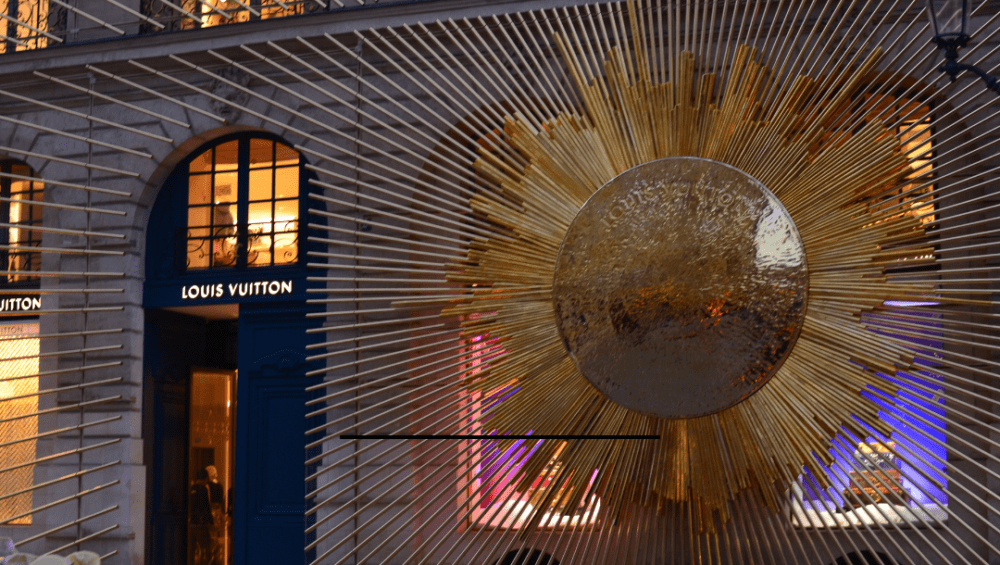The Evolution of Luxury Fashion
Where It Is Now and Where It's Headed
At Style Doctors, our strong ties with luxury brands and our active role in the industry allow us to stay updated on the newest news and trends and one of the sectors going through the most dramatic changes is the luxury market.
Luxury fashion has long been synonymous with exclusivity, craftsmanship, and status. It has shaped the way we perceive style, influenced culture, and even affected the global economy. However, as we navigate through the 21st century, the luxury fashion landscape is undergoing a significant transformation. Today’s luxury isn’t just about heritage brands and high price tags; it’s a reflection of changing consumer values, technological innovation, and global shifts.
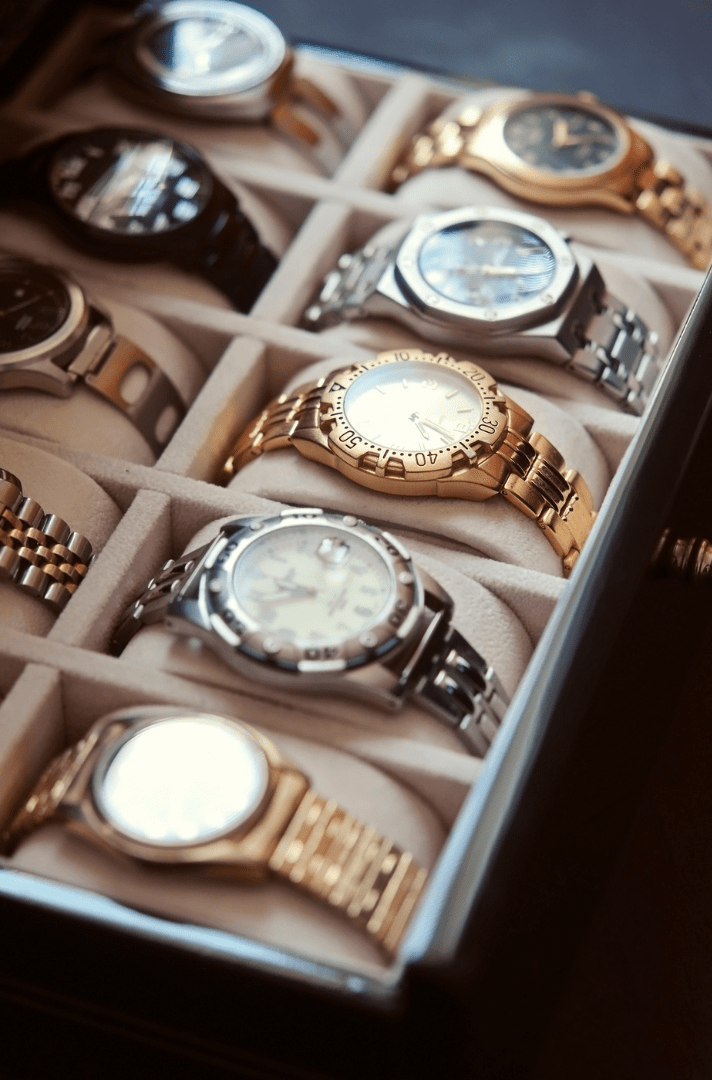
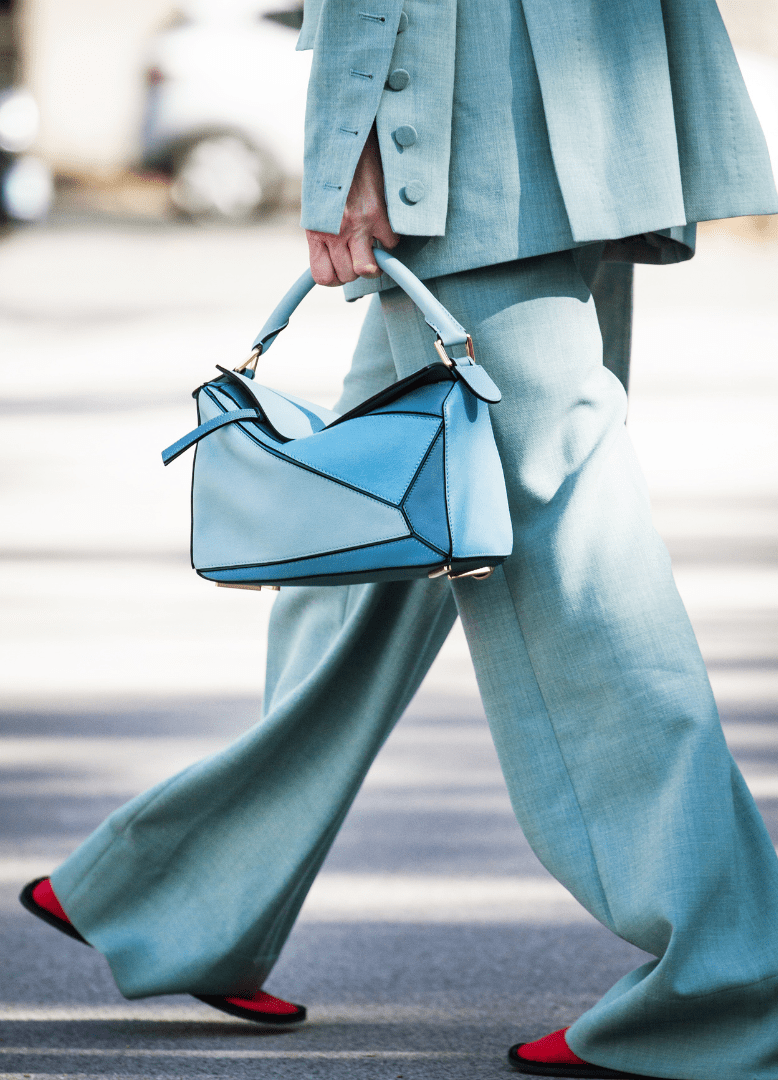
The Current Landscape: A Blend of Tradition and Innovation
In recent years, luxury fashion has experienced a dichotomy between its traditional roots and the push for innovation. Established brands like Chanel, Louis Vuitton, and Hermès continue to dominate, leveraging their history and timeless appeal. However, these brands have also been forced to innovate, embracing digital platforms and new marketing strategies to stay relevant in a rapidly evolving market.
Digital Transformation
Luxury fashion has fully embraced the digital age. E-commerce, once considered incompatible with the luxury experience, is now a crucial component of the industry. The COVID-19 pandemic accelerated this shift, with brands expanding their online presence, offering virtual shopping experiences, and utilising augmented reality (AR) and artificial intelligence (AI) to engage customers in new ways. Luxury fashion shows, which were once exclusive, in-person events, are now streamed globally, democratising access while maintaining exclusivity through limited-edition collections.
Resale and Circular Fashion
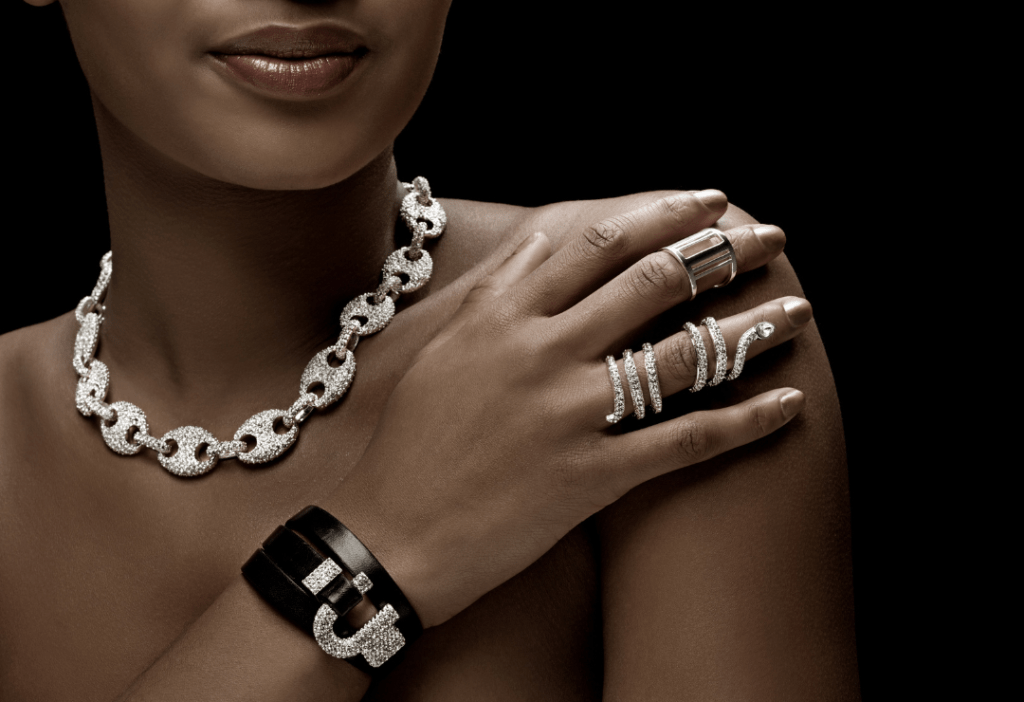
The luxury resale market has exploded in recent years, driven by a growing consumer desire for sustainability and the increasing value of vintage items. Platforms like The RealReal and Vestiaire Collective have made it easier for consumers to buy and sell pre-owned luxury goods, challenging the traditional notion of luxury as something new and pristine. This trend is also pushing brands to consider the longevity of their products and how they can participate in the circular economy.
Sustainability and Ethical Fashion
Sustainability has become more than just a buzzword; it’s now a core value for many luxury brands. Consumers, particularly Millennials and Gen Z, are increasingly demanding transparency and responsibility from the brands they support. This has led to a rise in ethical luxury, where brands are focusing on sustainable materials, eco-friendly production processes, and fair labour practices. For instance, brands like Stella McCartney have built their entire identity around sustainability, while others like Gucci and Prada have made significant commitments to reducing their environmental footprint.
The Future of Luxury Fashion: Emerging Trends and Predictions
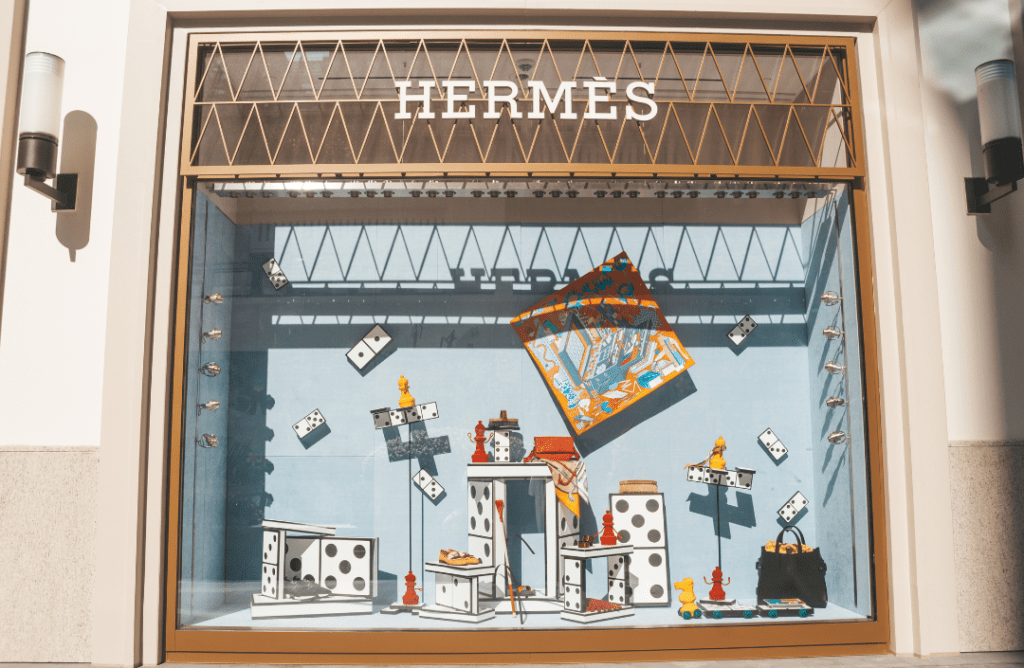
As we look to the future, several key trends are likely to shape the luxury fashion industry. These trends reflect both the challenges and opportunities that lie ahead for brands navigating a rapidly changing world.
Personalisation and Customisation
The future of luxury fashion lies in personalisation. Consumers are increasingly seeking unique pieces that reflect their individual style rather than mass-produced items. Brands are responding by offering more bespoke services, where customers can personalise everything from the fabric to the final design. Digital tools, such as 3D printing and AI-driven design, are making this level of customisation more accessible, allowing brands to offer tailored experiences at scale.
The Rise of Digital Fashion and the Metaverse
Digital fashion is no longer a niche concept; it’s poised to become a significant part of the luxury market. With the rise of the metaverse and virtual realities, luxury brands are exploring new frontiers in digital fashion. Companies like Balenciaga and Dolce & Gabbana have already launched virtual collections and NFTs, signalling a future where digital garments could hold as much value as physical ones. This shift not only opens up new revenue streams but also redefines the concept of luxury, as ownership in the digital realm becomes as coveted as in the physical world.
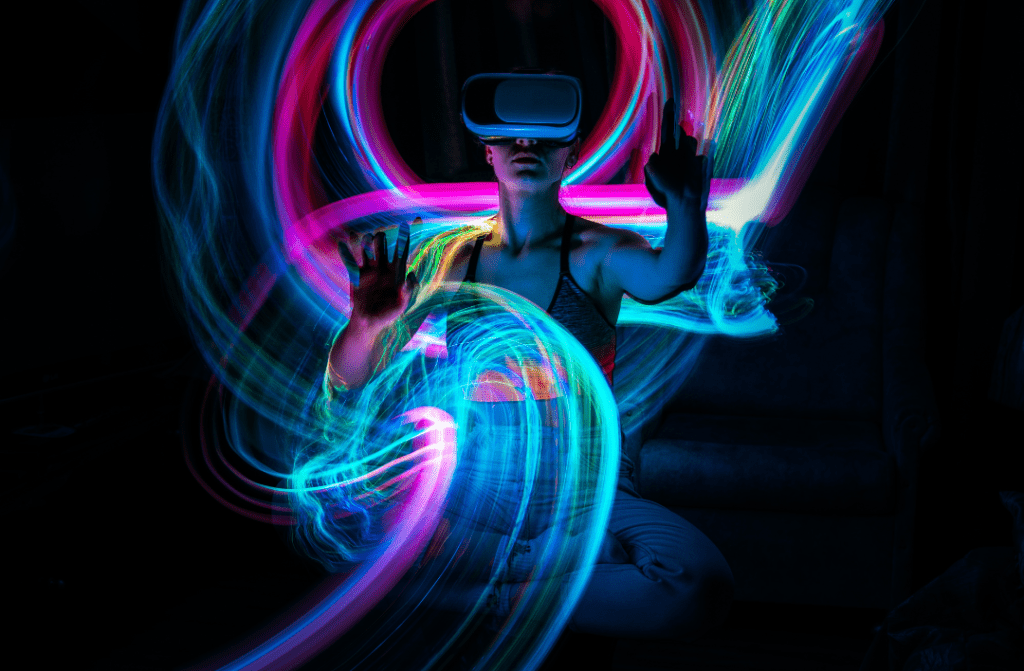
Inclusivity and Diversity
The push for inclusivity and diversity is reshaping luxury fashion. Brands are being called upon to represent a broader range of identities and body types, moving away from the exclusivity that once defined luxury. This is not just about representation in marketing campaigns but also about creating products that cater to diverse customers. The future of luxury will be more inclusive, reflecting the values of a global and multicultural consumer base..
Globalisation and Emerging Markets
Emerging markets, particularly in Asia and Africa, are becoming increasingly important to the luxury fashion industry. As wealth grows in these regions, so does the demand for luxury goods. Brands are investing in localised strategies, from tailored collections to region-specific marketing campaigns, to capture these new audiences. Additionally, the influence of these markets is likely to drive new trends and redefine what luxury means on a global scale.
Luxury fashion is at a pivotal moment, balancing its rich heritage with the demands of a rapidly changing world.
As brands navigate the complexities of digital transformation, sustainability, and shifting consumer values, the future of luxury will be defined by its ability to adapt and innovate. From personalised experiences to the rise of digital fashion, the luxury industry is poised for a dynamic and exciting future. As we move forward, one thing is clear: luxury fashion will continue to evolve, reflecting the ever-changing tastes and values of its consumers.
If you are in pursuit of a unique timepiece, wish to organise a high-end fashion experience, or require assistance from a specialist to oversee your luxury wardrobe, Style Doctors is at your service. Contact one of our experts today.

